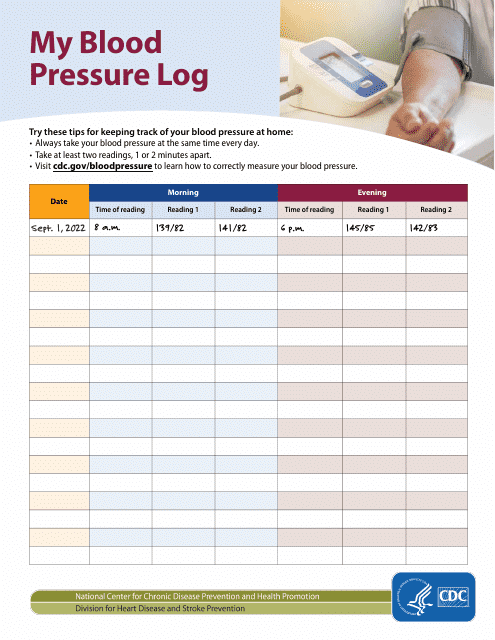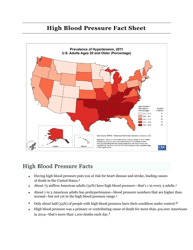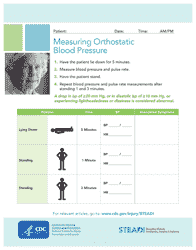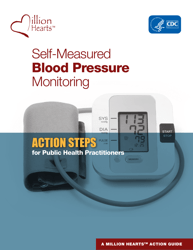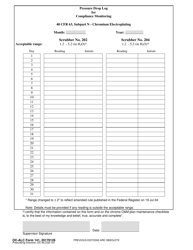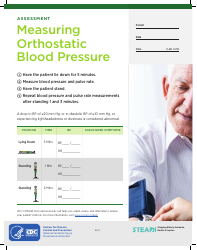Blood Pressure Log
A Blood Pressure Log is a document that helps individuals record and keep track of their blood pressure readings over a certain period. This record can help healthcare professionals monitor the health conditions of patients, especially those with hypertension or other heart related disease. The log usually includes dates, times, and the systolic and diastolic readings. It may also have space to record notes on daily activities that might impact blood pressure, such as diet, exercise, stress, and medication use. Having a detailed Blood Pressure Log can provide valuable data for managing medication plans and lifestyle changes to control or improve a person's blood pressure.
The Blood Pressure Log is generally filed by individuals who are monitoring their blood pressure for health reasons. This could include patients who have been diagnosed with hypertension (high blood pressure) or other cardiovascular conditions. This log helps them track their blood pressure readings over time and share them with their healthcare provider for better treatment management. In some cases, healthcare professionals or caregivers may also maintain this log on behalf of their patients.
FAQ
Q: What is a blood pressure log?
A: A blood pressure log is a record where you can document and monitor your blood pressure readings over time. It often includes date, time, and noted blood pressure readings in both systolic and diastolic values.
Q: Why is it important to maintain a blood pressure log?
A: Keeping a blood pressure log is important because it helps you and your health professional monitor your health over time. It provides a clear picture of how your blood pressure varies during different parts of the day and how it responds to various activities or treatments.
Q: How do you properly record in a blood pressure log?
A: To properly record in a blood pressure log, make sure to denote the date, time, and both systolic (higher number) and diastolic (lower number) readings. Also, note any specific circumstances at the time of measurement, like stress, medication taken, or time since meal.
Q: How often should you take blood pressure readings for my log?
A: The frequency of taking your blood pressure depends on your individual health conditions. Your health care provider might suggest specific frequency. However, for a healthy individual, checking blood pressure at least once a month can be a good practice.
Q: What is the normal range for blood pressure readings?
A: A normal range for blood pressure is usually considered around 120/80 mm Hg. However, blood pressure can vary based on numerous factors. Always consult your healthcare professional for your personal target values.
Q: Can a blood pressure log help diagnose hypertension?
A: Yes, a blood pressure log can be a helpful tool in diagnosing hypertension. Consistently high readings could indicate high blood pressure, or hypertension. However, a diagnosis should always be confirmed by a healthcare professional.
Q: Can I maintain my blood pressure log digitally?
A: Yes, you can maintain a digital blood pressure log. Many health apps are available that allow you to record and track your blood pressure readings over time.
Q: What should I do if my blood pressure log shows consistently high readings?
A: If your blood pressure log shows consistently high readings, you should seek medical advice. High blood pressure can be a risk factor for various serious health conditions, such as heart disease and stroke.
